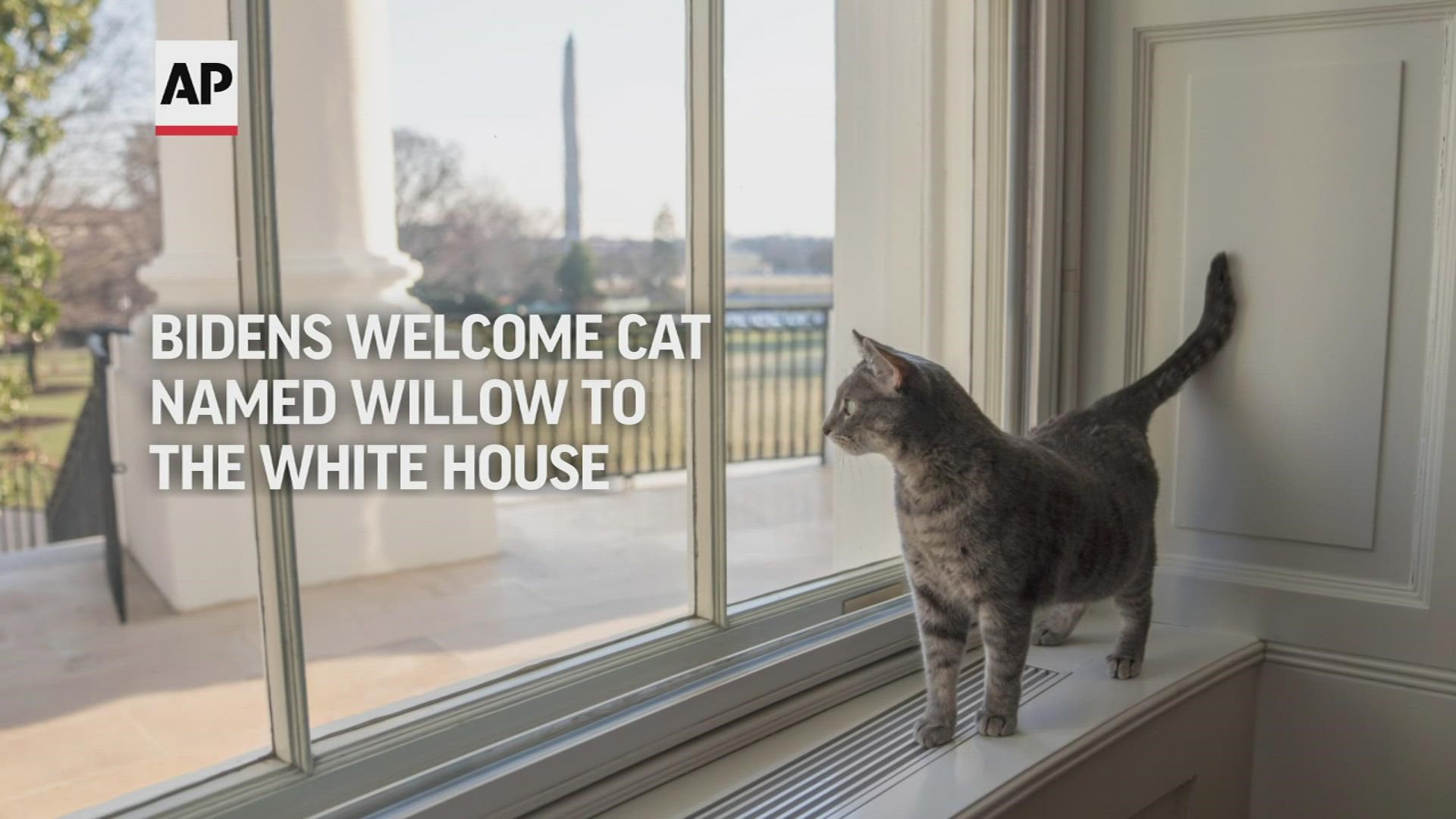MARYLAND, USA — A Maryland Senate Bill would make the practice of declawing cats illegal in the state.
SB67, sponsored by Montgomery County Senator Cheryl C. Kagan, would prohibit veterinarians from declawing cats unless the process is necessary for "therapeutic purposes." If the vet declaws a cat for any other purpose, they could face having their license suspended or revoked.
The practice of declawing cats has been outlawed in several cities and states across the country. New York made headlines for being the first state to ban cat declawing in 2019.
According to reporting from the Associated Press, unlike human nails, a cat's claws are attached to bone. In order to declaw a cat, a vet has to slice through the tendon and nerves in order to remove the last segment of bone in a cat's toes.
As of Feb. 18, SB67 has passed both chambers of the Maryland General Assembly. Click here to keep track of the bill's progress.
Senator JB Jennings proposed to change the bill from banning the procedure to having the Maryland Veterinary Board discourage it, continuously educating vets about the procedure and the ramifications of it on the animals and making the practice a means of last resort for pet owners.
"I understand it is a procedure you don't really want to do to a cat but unfortunately, sometimes it is the procedure of last resort that you have to do to keep a cat in your house," said Jennings when presenting his amendment. "By outlawing it completely, other than having a medical reason such as a tumor, I truly believe this law is going to cost the lives of a lot of cats."
Jennings believes that by taking the choice to declaw cats away, pet owners will simply get rid of the animals instead or have them put down.
Kagan argued against the amendment saying the multi-step process would set up a bureaucracy since vets would have to report the meetings.
Senator Mary Washington argued against the amendment and pointed to testimony from Dr. Nicholas Dodman, a board-certified veterinarian.
"'Declawing is a horrendously painful and disfiguring surgery. It is positively inhuman and conducted solely for the benefit of the owner,'" Washington quoted Dodman. "It has no benefit for the cat, in fact, quite the opposite."
In a Feb. 2020 testimony, Dodman recalled witnessing cats recovering from declawing surgery and how he could barely believe the extreme level of pain they were suffering as they "ricocheted around the stainless-steel recovery cages."
The amendment was rejected 18-29.
The American Veterinary Medical Association (AVMA) discourages the practice of declawing cats, also known as onychectomy.
"Onychectomy is a surgical amputation and if performed, multi-modal perioperative pain management must be utilized," said the AMVA on their website.
The AMVA instead suggests alternative procedures but encourages owners to listen to their vets when making a decision.
Dodman testified onychectomy may save the owner's furniture from being scratched at the expense of the long-term effects including deformity, lameness and chronic pain. He said many cats often require a second surgery to remove pieces of leftover bone.
Some have compared the act of declawing a cat to the practice of devocalization, a surgical procedure performed on cats and dogs to remove their vocal cords to permanently quiet the animal's barks or meows.
Dodman ended his testimony with three lines of advice:
"If you don’t like a cat that scratches, get a dog. If you don’t like dogs that bark, get a cat. If you don’t like either, get a stuffed animal."
It's the first cat in the White House since George W. Bush.

